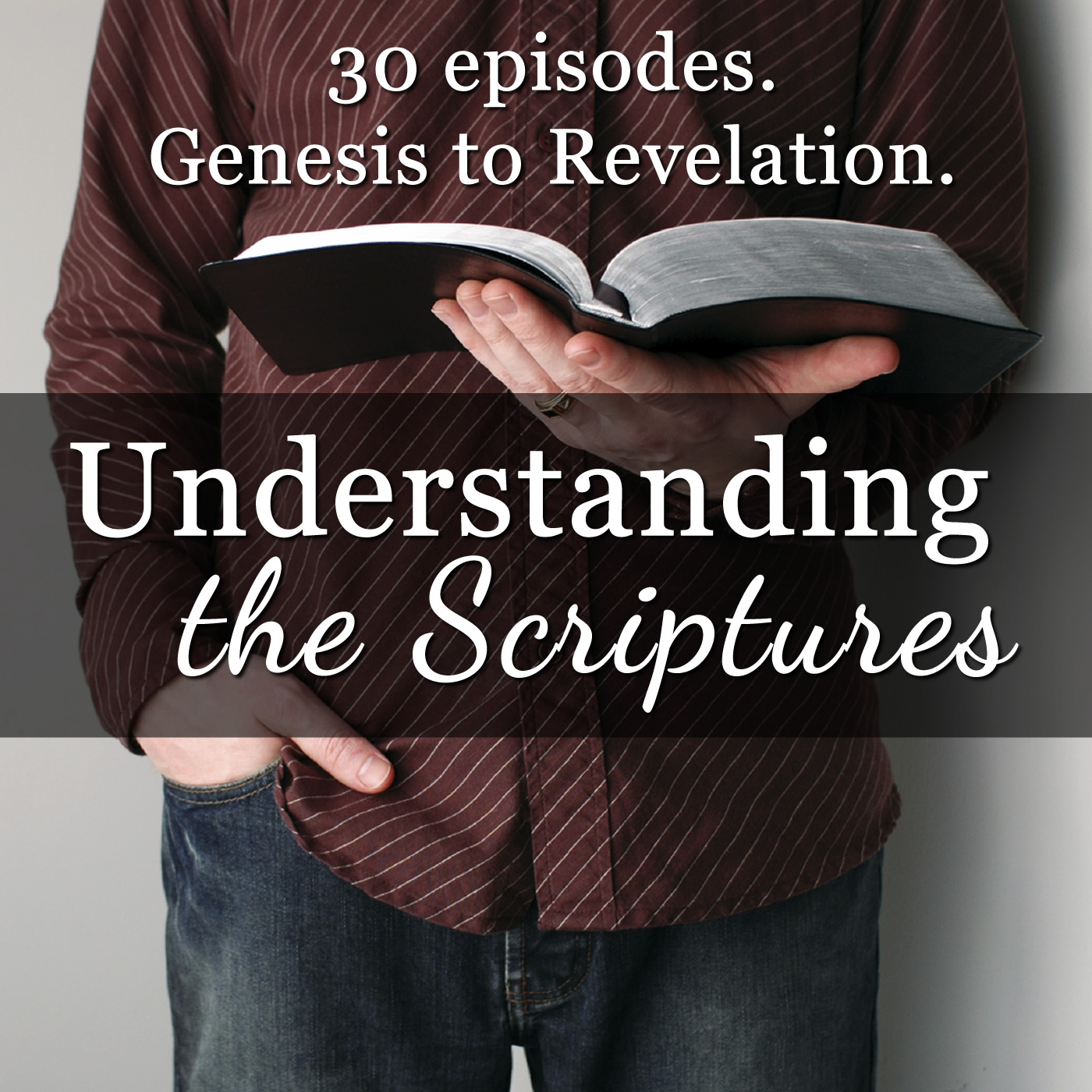Ch. 28 - The Catholic Church in Scripture
Description
In this lesson, Carson divides the lesson into four parts. First, he discusses the historical meaning of the term catholic. While it literally means "according to the whole" or "universal," when the early Christians first used this term as an identifier for the Church, they used it specifically to denote the true visible empirical Church from heretical or schismatic congregations or followings. We look at the first appearance of "catholic" in Christian literature, which is by St. Ignatius of Antioch in his Epistle to the Church in Smyrna. We also look at its usage in the Catechetical Lectures of St. Cyril of Jerusalem and two of St. Augustine's writings: The True Religion and Against the Fundamental Epistle of Manachaeus.
Second, we build upon the previous discussion of Peter from prior sessions with a quick review of Peter's primacy throughout the Gospels and Acts of the Apostles. This is a fast-paced sketch of how the Gospels present Peter as the head and representative of the group of Jesus' apostolic disciples. Often, we read the Gospels without noticing just how prominent Peter is, which says something of his successors in the life of the Church: the bishops of Rome.
Third, we look at the methodology by which the Church resolved a doctrinal dispute in Chapter 15 of St. Luke's Acts of the Apostles. How did the early Church handle differences in interpreting Scripture and understanding Christian doctrine? Did they allow for these divisive differences to remain unsettled... did they leave it up to the individual believer to determine by himself... or did they convene in an ecumenical council to hash it out and close the debate with a pronouncement by Peter and then accept the decision as binding upon all of the regional churches? Of course, the latter is the case, and so this is the Biblical basis for the ecumenical councils of the Catholic Church throughout history.
Fourth, and finally, we discuss the seven sacraments - especially those sacraments that are distinct to Catholicism - from the pages of Scripture. We focus in on the efficacy of baptism, the need for confirmation, the reality of holy orders, the call for the anointing of the sick, and the command for auricular (that is, audible) confession. Since we have already covered marriage and the Eucharist in depth in previous episodes, they are briefly mentioned.
So what are you waiting for? Listen in as we discover the Catholic Church in Scripture!
More Episodes
This is the introduction to the Understanding the Scriptures podcast, which is a Bible study consisting of thirty 72 to 80 minute episodes, each of which is digitally recorded for your listening enjoyment.
Published 07/07/09
Published 07/07/09
In this lesson, Carson kicks off this exciting Bible course by describing the sacred, inspired nature of
the Bible, which is a quality unique to the 73 books of Sacred Scripture. What do we mean when we say that Scripture is inspired, and where do we go in the Bible itself to find this claim? ...
Published 07/07/09


